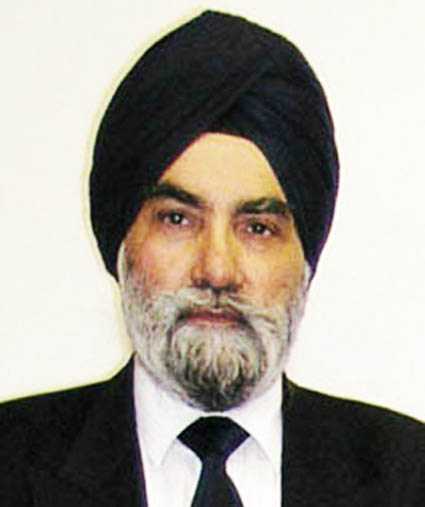India-UK Trade Deal and Human Rights Issues

International agreements entered into by the United Kingdom have the potential to impact on the protection of human rights in the UK and on the rights of others throughout the world. ( Northern Ireland Human Rights Commission in evidence to Parliamentary Joint select committee on Human Rights).
The policy of a country is set with reference to international standards and agreements and deals done in such agreements can impact on human rights nationally and globally.
It follows that these agreements require close scrutiny by our Parliament. Regrettably, according to a Parliamentary Joint select committee report, that has not always been the case in the UK. The government has been reluctant to submit international agreements to the scrutiny of the Parliament.
Recent trade agreement between the UK and India, gives the UK Parliament the opportunity, with government co-operation, to scrutinize the deal from human rights and other angles.
After the start of the US tariffs-based global trade war, the trade deal between UK and India is most timely for showing world trade a new direction. Prime Minister Keir Starmer called the deal a new era for trade. The deal shows that countries do have bilateral trade choices at much lower or no tariffs to mutually benefit from natural resources of each other. They do not compete but complement each other in trade terms. That was the underlying idea of multilateral trade agreements first through the GATT forum started in 1946 and later, the World Trade Organisation based at Geneva in 1986. Arrival of President Trump with his nationalist (America first) trade policies, has been a major setback for the growth of multi-lateral world trade.
We are informed that UK trade deal with India will cover a number of high-growth sectors including advanced manufacturing &ndash incorporating the aerospace and automotive industries &ndash along with clean energy, life sciences, and the creative and services sectors.
As economic compulsions push Western democracies towards such comprehensive trade deals, there is also a danger that human rights records of trade partners can take lower priority or are just ignored. According to those who know the background to UK-India trade talks, the turmoil caused by trade uncertainty had sharpened the focus to get a deal done. Yet, clauses relating to human rights, fair wages and working condition are necessary in such agreements because the agreements do impact on all these aspects, especially in developing countries or countries lower down in the democracy index leaning towards authoritarianism. Workers in these latter countries have hardly any organised (unionised) bargaining power. As noted in a Parliamentary report: International agreements entered into by the United Kingdom have the potential to impact on the protection of human rights in the UK and on the rights of others throughout the world.
Reports by UK Parliamentary select committee have recommended that UK international agreements should protect human rights and the government should set up internal processes to ensure that, and, that the government should provide information to the Parliament about human rights protections in international agreements to enable adequate parliamentary scrutiny.
A report by the Foreign Affairs Committee, Global Britain: Human Rights and the Rule of Law, recommended: The Government will face conflicting priorities between human rights and other Government policies, especially trade deals. This may create short term conflicts, but the prioritisation of human rights is in the UK&rsquos long-term commercial, as well as moral, interest.
British Sikhs would strongly support this recommendation.
Gurmukh Singh OBE
Principal Civil Servant retd (UK)
E-mail: sewauk2005@yahoo.co.uk
Sikh ideology articles: https://www.sikhmissionarysociety.org/